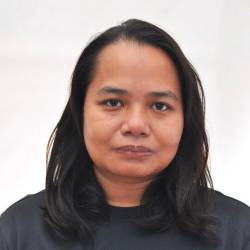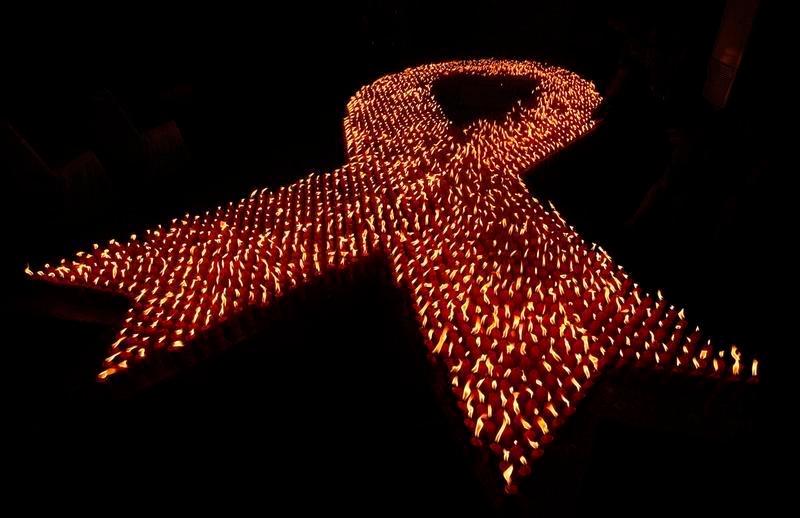PETALING JAYA: Thana Seelan Somanathan was only 17 when he was told by his doctor that he was HIV-positive.
“I felt the world crumbling around me,” he said of his first reaction on learning the awful truth 15 years ago.
He was in Singapore for a job interview and had to undergo a medical examination, which included a HIV test. That spelt the end of a dream to be gainfully employed so he could provide for his parents.
“I was nervous. I told my mother and instead of expressing shock or disappointment, she calmly assured me that all would be well and urged me to return home,” he said.
When he arrived home, he got a big hug from his mother. She never asked him how he got infected. Instead, she began to look for ways to help her son.
To lessen the pain on Thana Seelan, his mother made sure that movies of people dying of HIV were never watched at home.
“She didn’t accept the possibility that I would die of HIV,” he said.
After seeking treatment at the Sungai Buloh Hospital, he scouted for a job in the hospitality industry.
At age 32 today, Thana Seelan considers himself lucky to have the support and care of his family when others like him have been stigmatised, scorned or marginalised. He even found a woman who not only married him but also fights his battle with him.
Today, as humanity marks World HIV Day, Thana Seelan revels in his role as a spokesman for the HIV community, confident in his ability to survive the odds and unafraid of being stigmatised.
The Health Ministry estimated that there were 87,581 people living with HIV (PLHIV) in Malaysia in 2019.
However, only 77,903 are aware of their status. The ministry believes the remaining 10,000 or so individuals may not even know they are HIV-positive.
Infectious diseases expert Dr Rosnida Mohd Noh told Bernama recently that medicines to treat HIV have been in existence since 1987 and over the years, many developments have taken place in the field of HIV treatment, leading to the availability of higher quality drugs.
“The drugs we have now are far more effective and have minimal side-effects. By using the latest medicines, PLHIV can lead healthy and normal lives like others and have a normal lifespan too,” she said.
The medication can reduce the quantity of the virus present in the body to the point where it can no longer be detected in the blood, she explained.
However, it cannot clear the body of the virus completely, so patients have to be on medication for life.
According to Rosnida, the best way to curb the spread of HIV/HIV is to raise public awareness of the infection and how best to prevent it.














